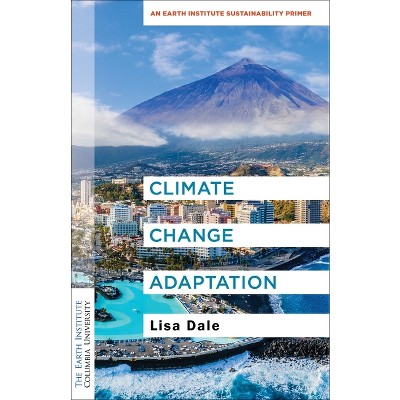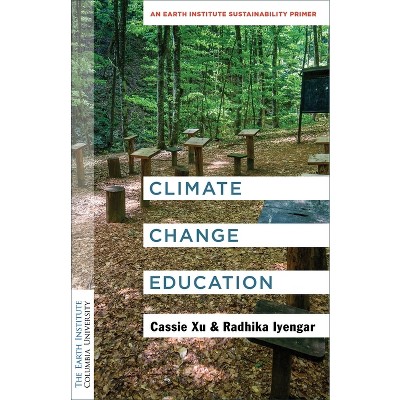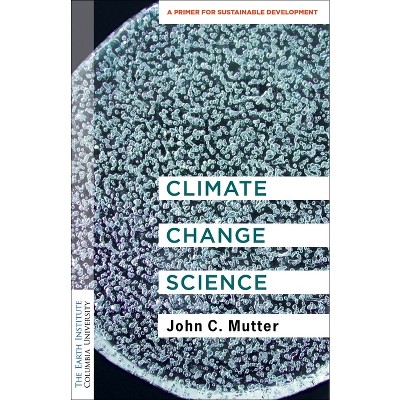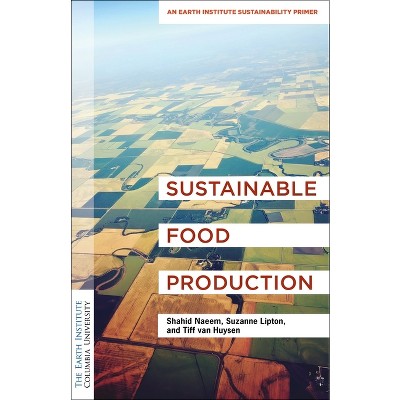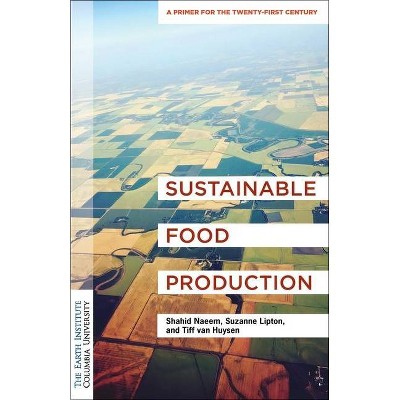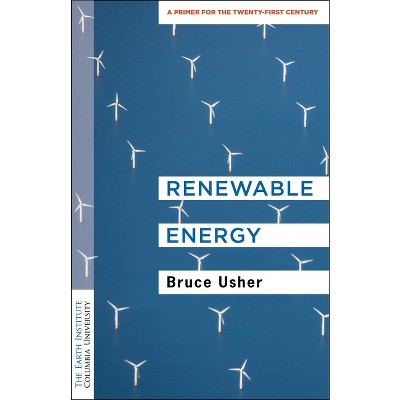Sponsored

Urban Climate Law - (Columbia University Earth Institute Sustainability Primers) by Michael Burger & Amy E Turner
In Stock
Sponsored
About this item
Highlights
- Cities have taken a leading role in efforts to reduce greenhouse gas emissions.
- About the Author: Michael Burger is the executive director of the Sabin Center for Climate Change Law and a senior research scholar at Columbia Law School.
- 208 Pages
- Freedom + Security / Law Enforcement, Environmental
- Series Name: Columbia University Earth Institute Sustainability Primers
Description
About the Book
Aimed at a nonspecialist audience, this book provides concise and comprehensible answers to the core questions cities confront when seeking to develop legally sound local climate policy.Book Synopsis
Cities have taken a leading role in efforts to reduce greenhouse gas emissions. As federal and state climate policy waxes and wanes, many of the largest U.S. cities have pledged themselves to ambitious sustainability goals, as have smaller communities across the country. City-level policy makers, facing a range of political constraints, a thicket of federal and state laws, and varying degrees of municipal authority, need to figure out how to meet their climate commitments.
Urban Climate Law is a practical, user-friendly primer on the legal challenges and opportunities for effective and equitable decarbonization. Michael Burger and Amy E. Turner--leading experts in local climate law and policy--examine the key issues surrounding climate mitigation policies across the buildings, transportation, waste, and energy sectors, with an emphasis on environmental justice. They explore the legal frameworks and factors that can constrain or enable various approaches at the municipal level. Burger and Turner clearly and accessibly present complex legal topics like preemption, federal statutes such as the Clean Air Act, and constitutional law for readers without legal backgrounds, including students, advocates, officials, and other practitioners. Aimed at a nonspecialist audience, this book provides concise and comprehensible answers to the core questions cities confront when seeking to develop legally sound local climate policy.Review Quotes
For planners, lawyers, and aspiring local climate champions, this book will be a valuable reference for designing municipal plans and policies that fight climate change while staying on the right side of the law.-- "H-Environment"
Urban Climate Law is the resource by lawyers for city practitioners that we've been waiting for. As climate change policy in cities requires governments to act boldly and think creatively, there is a constant stream of legal questions that create uncertainty at the local level. This book is going to be the building block needed to unlock city-led action in addressing the climate crisis.--Laura Jay, regional director for North America, C40 Cities
Cities are central to addressing the biggest sources of greenhouse gases--transportation, buildings, energy generation, and waste. Doing so is legally complex. This book is the first to delineate the legal frameworks and areas of law that apply to local climate policy making. It will help local governments craft sounder policies with increased awareness of the legal constraints and opportunities within which cities operate.--Michael B. Gerrard, professor and faculty director, Sabin Center for Climate Change Law, Columbia Law School
Local governments are often seen as the engines of climate innovation, and they are. Cities imagine, test, and implement new approaches that, when successful, are adopted across states and beyond. Urban Climate Law provides an important and accessible resource that outlines, in plain language, the legal guardrails that must be considered by local governments as they create new pathways for climate progress.--Gina McCarthy, former administrator of the Environmental Protection Agency and first White House National Climate Advisor
Michael Burger and Amy E. Turner provide an excellent high-level overview of how U.S. cities can enact measures to reduce greenhouse gas emissions and the legal obstacles they may face.--Katrina M. Wyman, Wilf Family Professor of Property Law and Faculty Director, Guarini Center on Environmental, Energy & Land Use Law, New York University School of Law
About the Author
Michael Burger is the executive director of the Sabin Center for Climate Change Law and a senior research scholar at Columbia Law School. His previous books include Global Climate Change and U.S. Law (third edition, 2023). He is also of counsel at Sher Edling LLP.
Amy E. Turner is the director of the Cities Climate Law Initiative at the Sabin Center for Climate Change Law and an associate research scholar at Columbia Law School. She previously cofounded a climate nonprofit and practiced environmental law in New York City.Shipping details
Return details
Trending Non-Fiction






